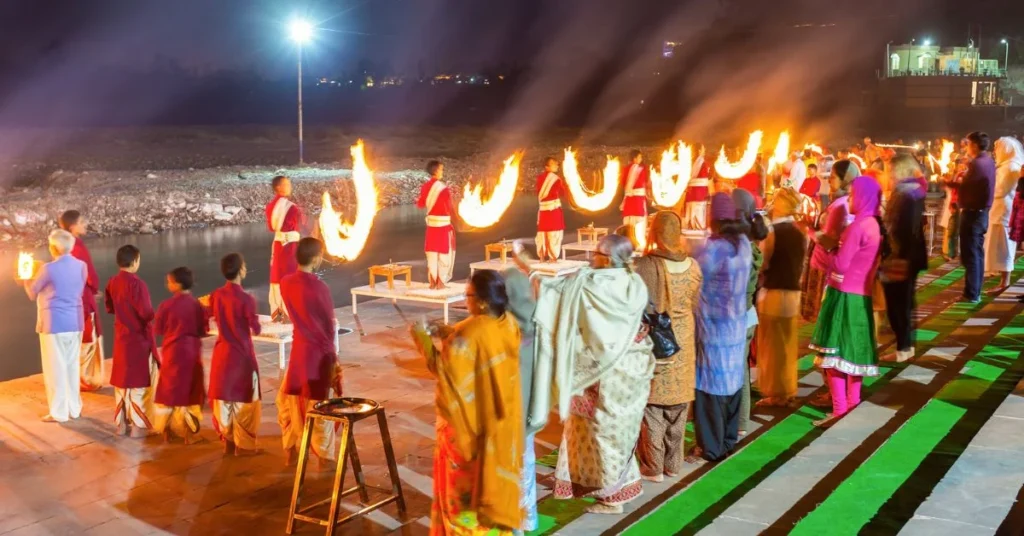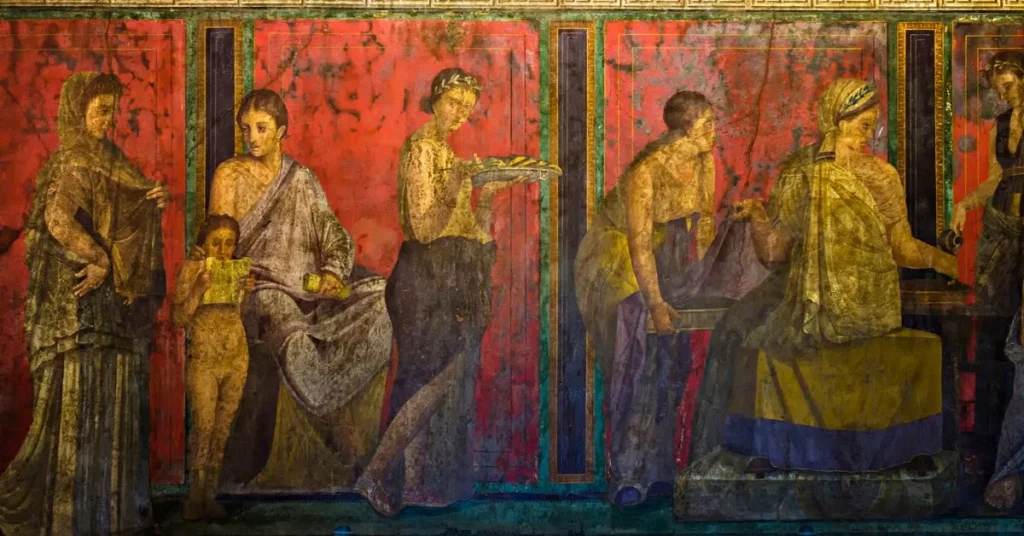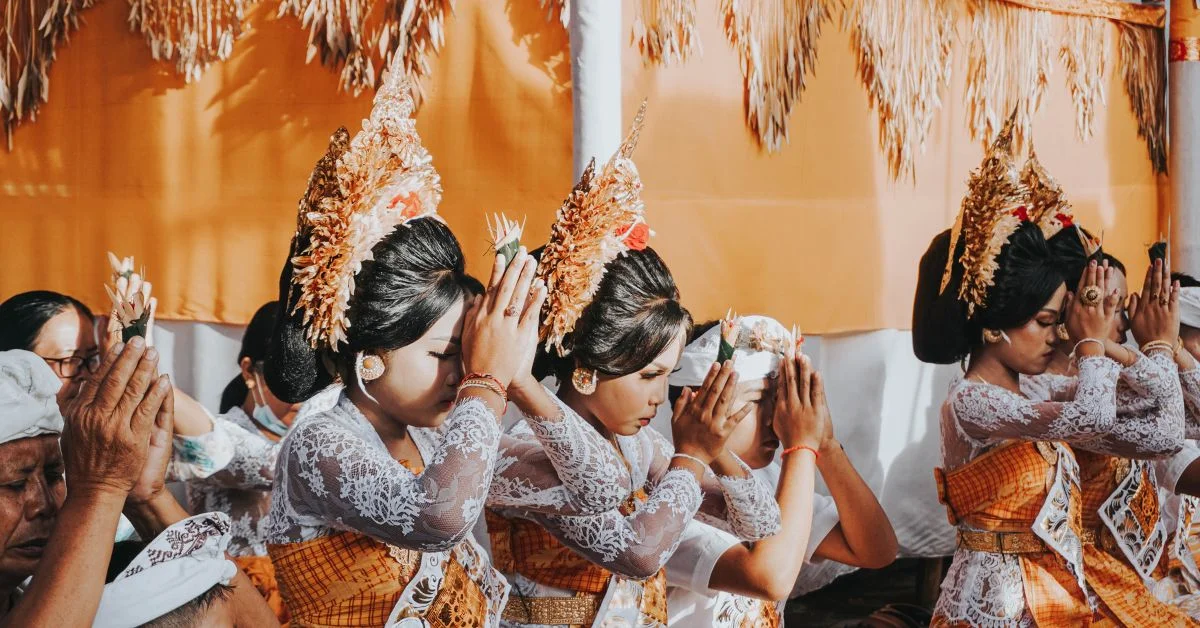The 2024 Paris Olympics brought together sports, culture, and history in a dazzling opening ceremony that paid homage to Greek mythology. A standout moment featured French singer and actor Philippe Katerine embodying Dionysus, the ancient Greek god of wine, festivity, and theater. This creative integration of Dionysus and the Olympics emphasized the enduring influence of mythology in connecting ancient traditions to contemporary global events. This article explores the significance of Dionysus in Greek mythology, his representation in the Olympics, and how these elements resonate in modern culture.
The Role of Dionysus in Greek Mythology
Dionysus, one of the twelve Olympian gods, represents dualities: joy and chaos, creativity and madness. Known as the god of wine, fertility, ritual ecstasy, and theater, Dionysus holds a unique place in mythology, symbolizing both life’s pleasures and its unpredictability.
Attributes of Dionysus
- Wine and Ecstasy: Dionysus introduced humanity to viticulture, representing freedom and celebration.
- Theater and Art: His festivals, known as Dionysia, were precursors to Greek drama and theater, emphasizing the transformative power of performance.
- Fertility and Nature: He is closely associated with the cycles of nature, growth, and rebirth.
Dionysus and the Olympics: A Mythological Connection
The ancient Olympic Games, held in Olympia, were dedicated to Zeus, but mythology’s presence in Greek culture meant other deities, including Dionysus, played indirect roles. His influence in theater and communal celebrations aligns with the spirit of the Olympics, which aim to foster unity, creativity, and global harmony.
In the 2024 Paris Olympics, Dionysus was featured prominently in the opening ceremony. This modern interpretation highlighted his connection to joy, community, and the arts, themes central to the Olympic ethos.
The 2024 Paris Olympics Opening Ceremony
The opening ceremony of the Paris Olympics, directed by Thomas Jolly, blended ancient mythology with contemporary artistic expression. Philippe Katerine’s portrayal of Dionysus was a centerpiece, sparking global conversations about the creative use of mythology in public performances.
The Depiction of Dionysus
- Appearance: Painted blue with an orange beard, Katerine’s portrayal was both whimsical and dramatic.
- Setting: The scene evoked classical depictions of Dionysian revelry, with performers dressed in elaborate costumes.
- Symbolism: Dionysus embodied themes of celebration, creativity, and inclusivity, aligning with the ceremony’s goal of showcasing cultural unity.
Public Reaction and Controversy
While the performance was widely praised for its creativity, it also faced criticism. Some religious groups, including members of the French Bishops’ Conference, misinterpreted the Dionysian tableau as a parody of Leonardo da Vinci’s The Last Supper. This sparked debates about the line between artistic expression and cultural sensitivity.
Organizer Response
Event organizers clarified that the portrayal was inspired by classical Greek mythology and not intended to reference Christian iconography. They emphasized the performance’s focus on inclusivity and celebration, consistent with the values of the Olympics.

Dionysus in Modern Culture
The portrayal of Dionysus in the Olympics is a testament to his lasting influence in art, literature, and media. He continues to inspire modern creators, symbolizing the complexities of human experience.
Examples in Contemporary Media
- Music: South Korean group BTS’s song “Dionysus” explores themes of artistic passion and liberation.
- Video Games: In Hades, a critically acclaimed game, Dionysus appears as a character offering boons that reflect his association with revelry.
- Theater: Modern performances often draw on Dionysian themes, emphasizing transformation and catharsis.
Artistic Interpretation of Dionysus and the Olympics
The inclusion of Dionysus in the Olympic ceremony is more than a nod to Greek mythology—it reflects the universal themes he represents.
Dionysus as a Symbol of Inclusivity
In the context of the Olympics, Dionysus’s themes of community and celebration resonate strongly. The Games bring together nations from around the world, fostering unity through sports, much like Dionysian rituals united communities through shared festivities.
Creativity and Performance
Dionysus’s connection to theater and art aligns with the Olympics’ focus on showcasing cultural diversity. His presence in the ceremony reinforced the idea that creativity is as important as athletic achievement in global celebrations.
The Mythological Roots of the Olympics
The modern Olympic Games draw inspiration from ancient Greek traditions. While originally dedicated to Zeus, other gods, including Dionysus, influenced the cultural fabric of the Games.
Festivals of Dionysus
The Dionysia festivals, held in ancient Greece, celebrated theater, music, and communal joy, paralleling the Olympic spirit of bringing people together through shared experiences.
Mythological Themes in the Olympics
Mythological references, such as the torch relay symbolizing Prometheus’s gift of fire, demonstrate the enduring connection between ancient stories and the modern Games. Dionysus’s inclusion in the Paris Olympics extends this tradition.

The Impact of Dionysus and the Olympics
The integration of Dionysus in the Paris Olympics highlighted how mythology can inspire contemporary global events. His portrayal celebrated the joy of life, the importance of community, and the transformative power of art and culture.
Why Dionysus?
- Cultural Relevance: Dionysus’s themes of freedom and creativity resonate with modern audiences.
- Symbolic Significance: His presence connects the Olympics to their ancient roots while emphasizing universal values.
Conclusion
The depiction of Dionysus in the 2024 Paris Olympics was a bold and creative choice, underscoring the timeless relevance of mythology. By intertwining Dionysus and the Olympics, the ceremony celebrated not just athletic excellence but also the communal joy and cultural richness that define the Games.
As we continue to reimagine ancient myths in modern contexts, Dionysus reminds us of the power of art, celebration, and unity in connecting humanity across time and space.
FAQs About Dionysus and the Olympics
1. Who is Dionysus in Greek mythology?
Dionysus is the Greek god of wine, fertility, theater, and revelry, symbolizing both joy and chaos.
2. Why was Dionysus included in the 2024 Paris Olympics?
Dionysus represented themes of celebration, community, and creativity, aligning with the Olympic values of unity and cultural diversity.
3. What was the controversy surrounding Dionysus at the Olympics?
Some religious groups misinterpreted the portrayal as a parody of The Last Supper, sparking debates about artistic intent and cultural sensitivity.
4. How does Dionysus connect to the Olympic spirit?
Dionysus’s themes of communal celebration and artistic expression parallel the Olympic ideals of unity and diversity.
5. How has Dionysus influenced modern culture?
Dionysus inspires music, theater, and media, symbolizing creativity, freedom, and the complexities of human experience.
6. What are the mythological roots of the Olympics?
The ancient Olympic Games were rooted in Greek traditions, honoring Zeus and other gods, with mythological themes influencing modern ceremonies.









